Thing with feathers
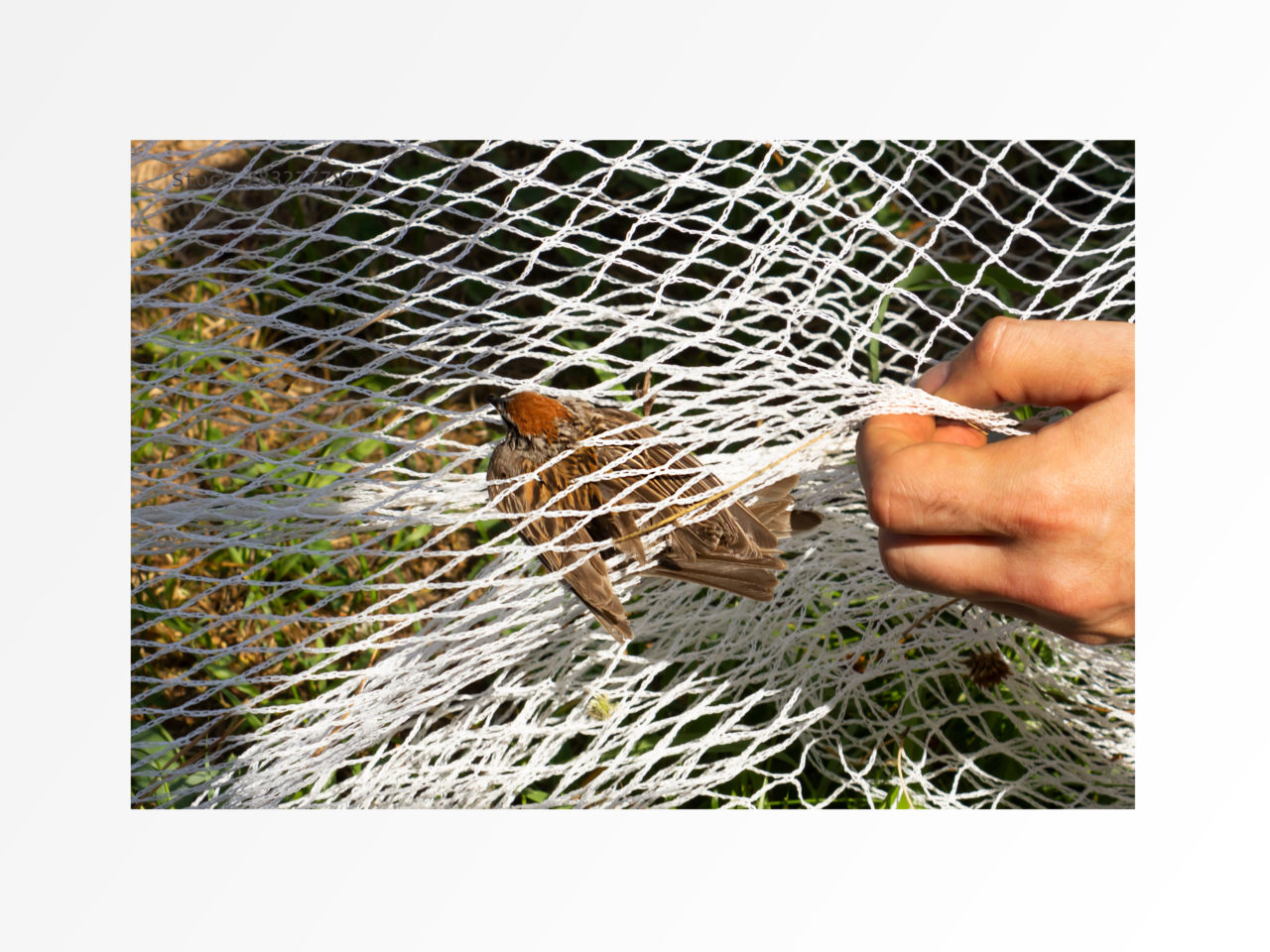
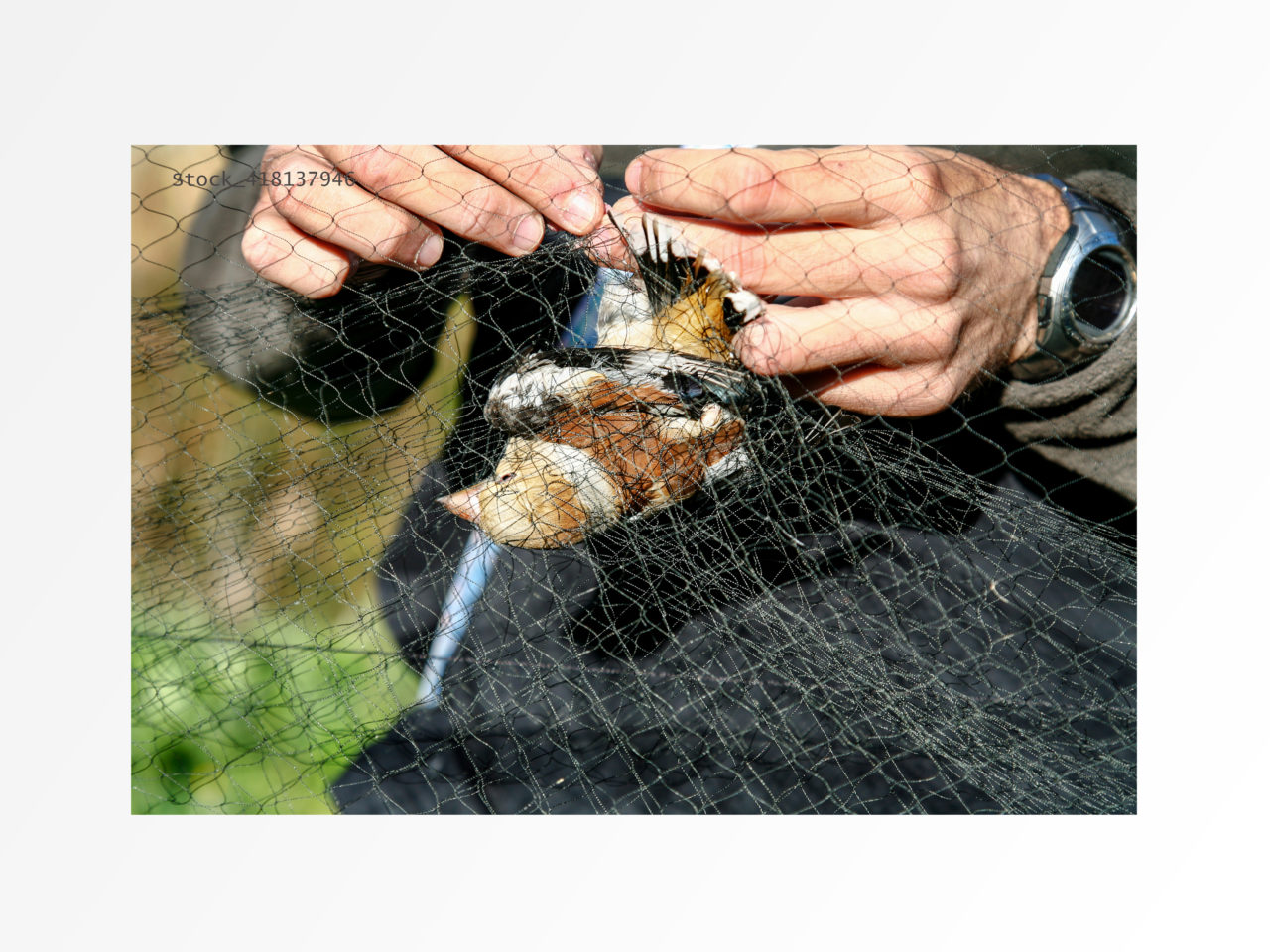
Who rescues? Who poaches? Do you assume you know? Photography tends to aestheticize death, especially of non-our species, and it becomes the object in stock. All these situations might be either hunting or rescuing. We are led to believe one it is, depending on the visual repertoire used in each of the photos.
Interactional ambiguities pose a challenge to researchers attempting to document emotional cues with a binary coding scheme that indicates only whether an empathic opportunity is present or absent. Additional efforts to refine the methodological approach for studying empathy in interactions are needed.
2.
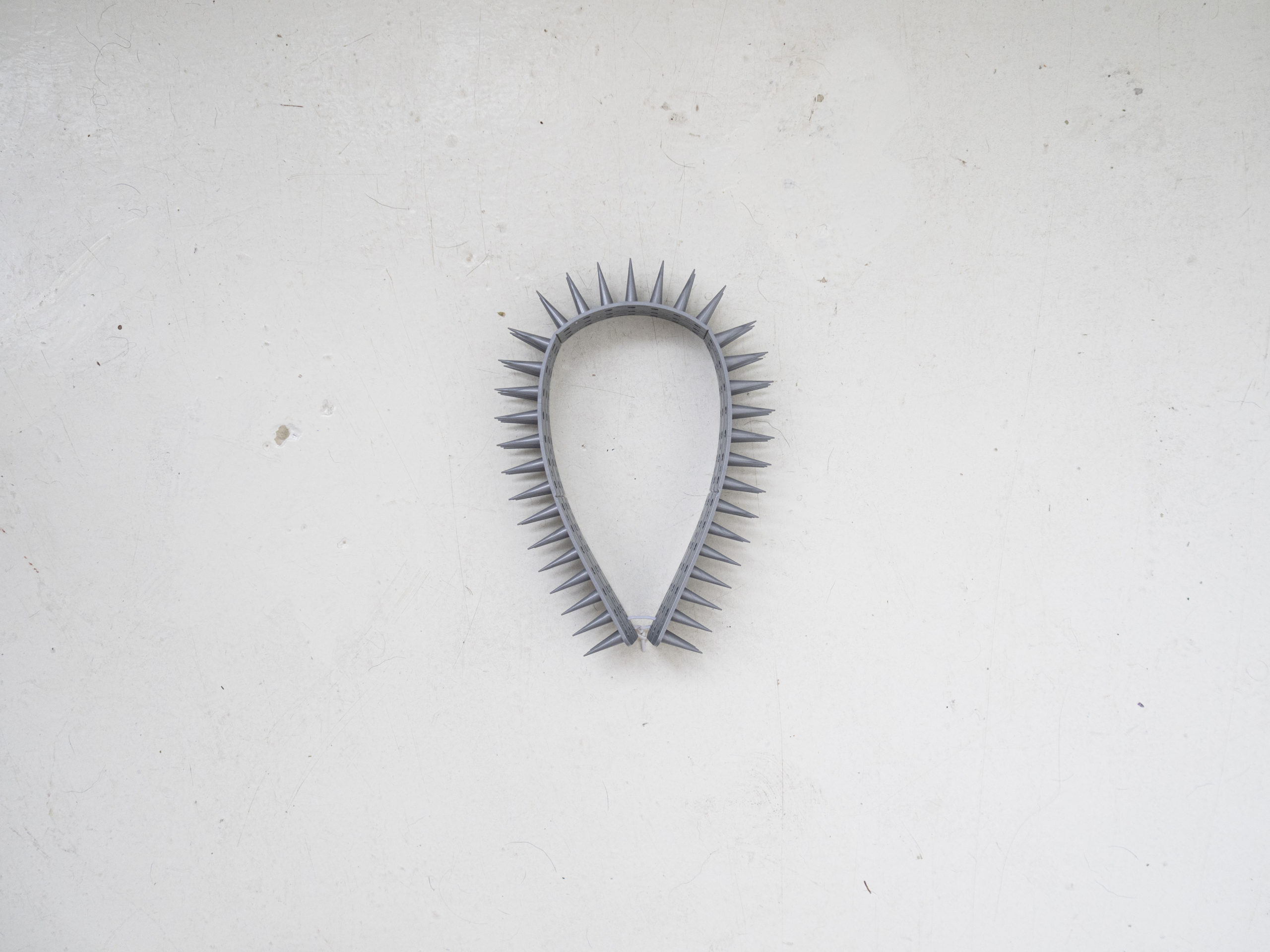

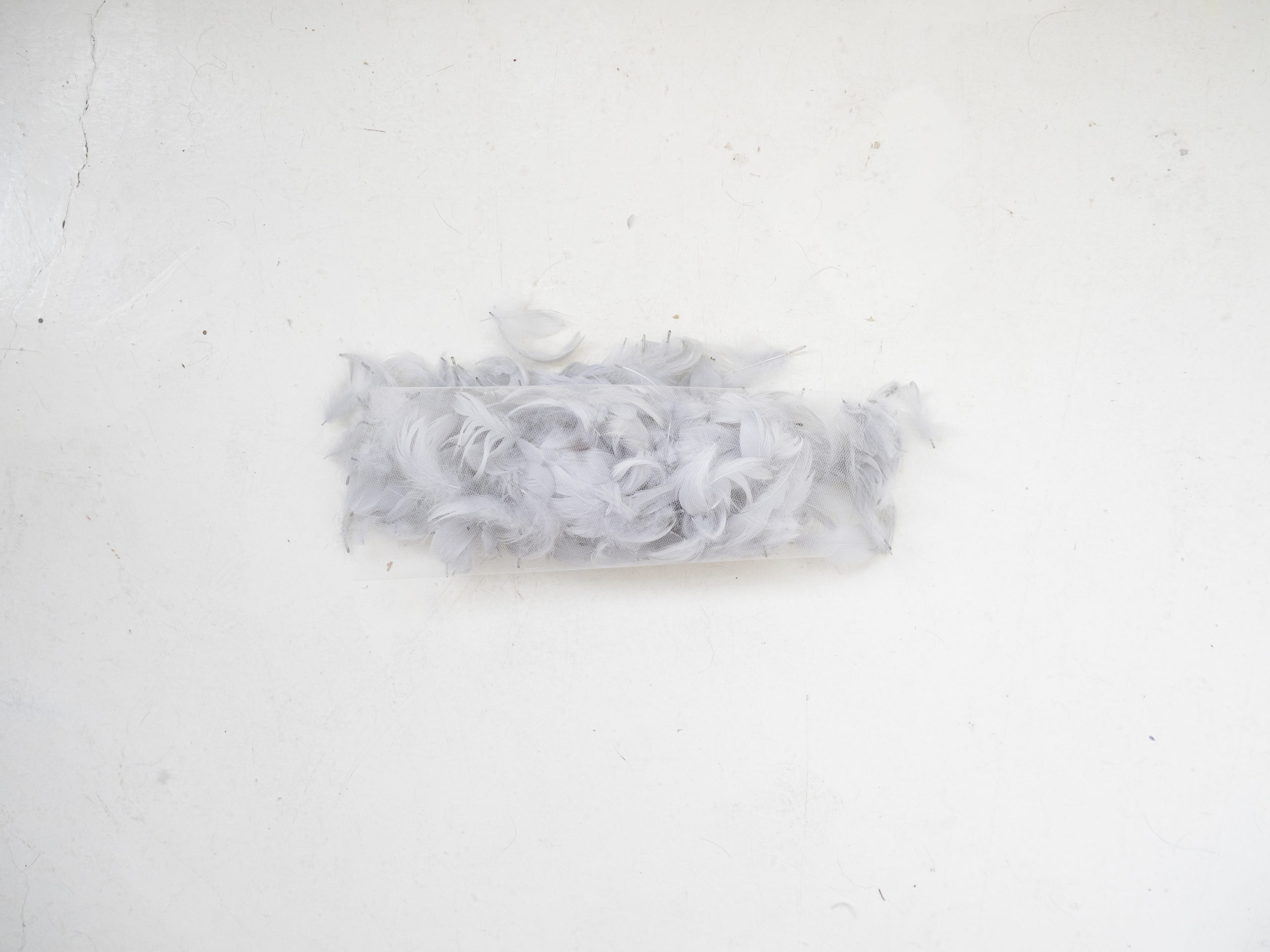
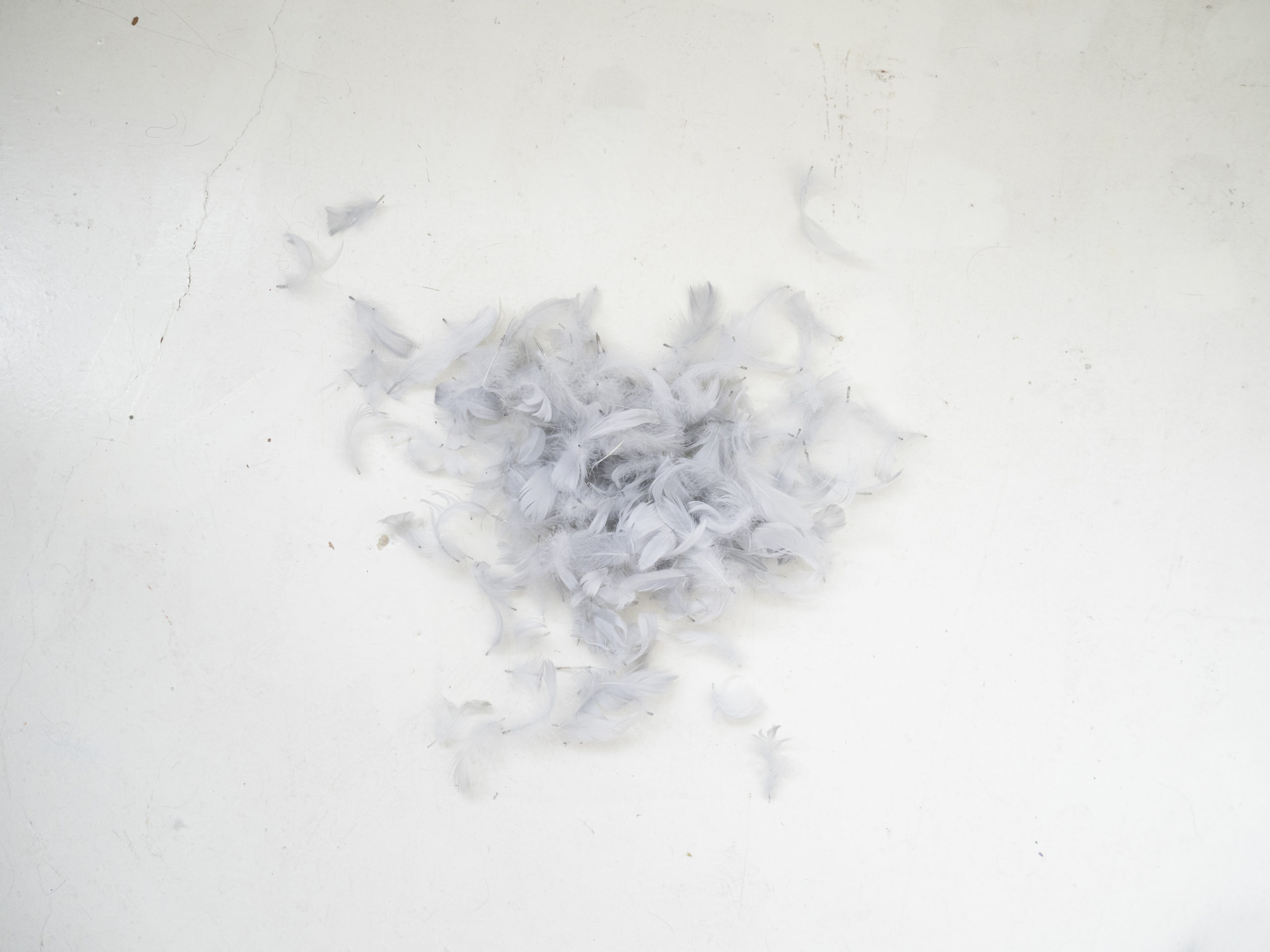
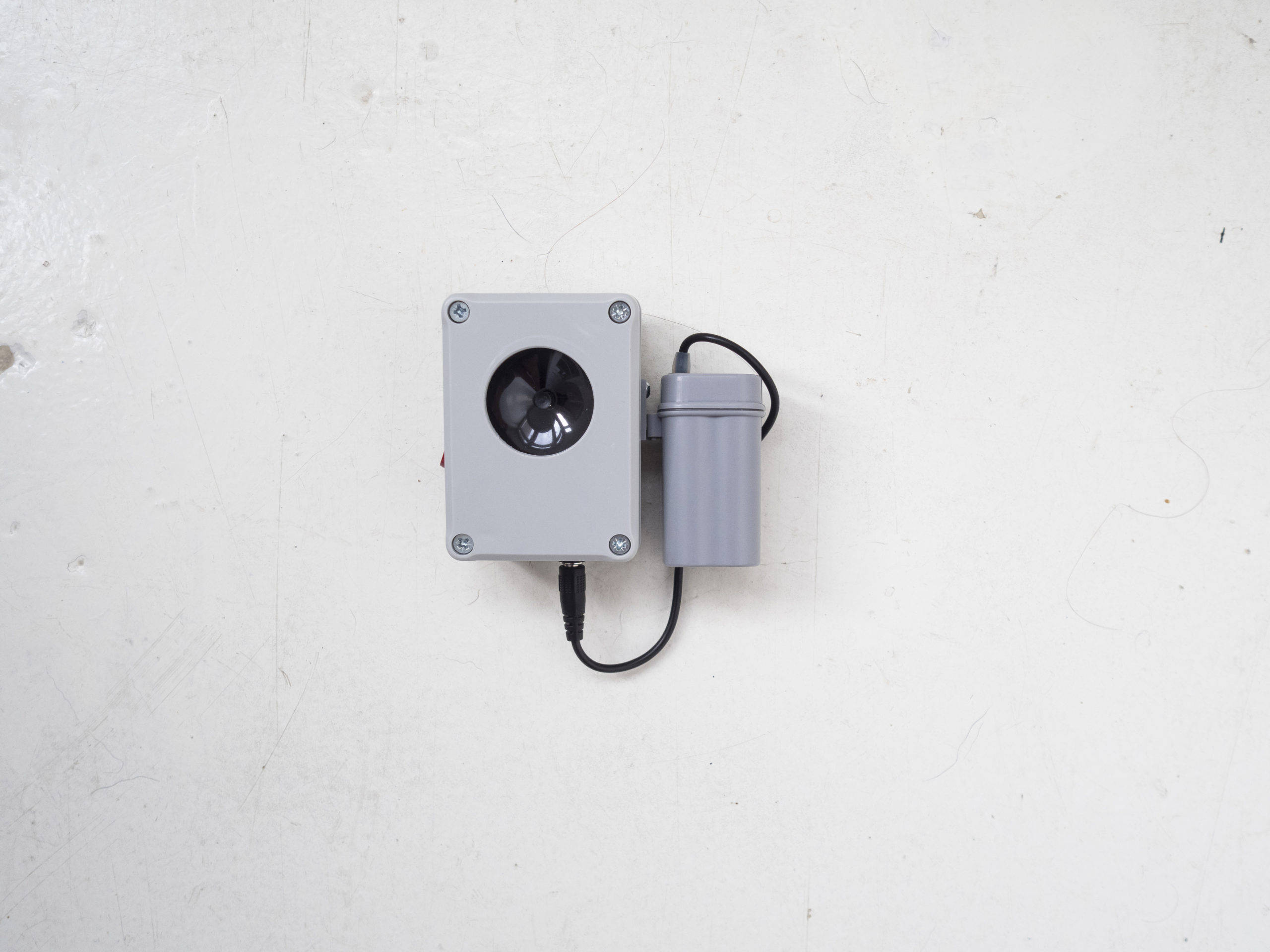
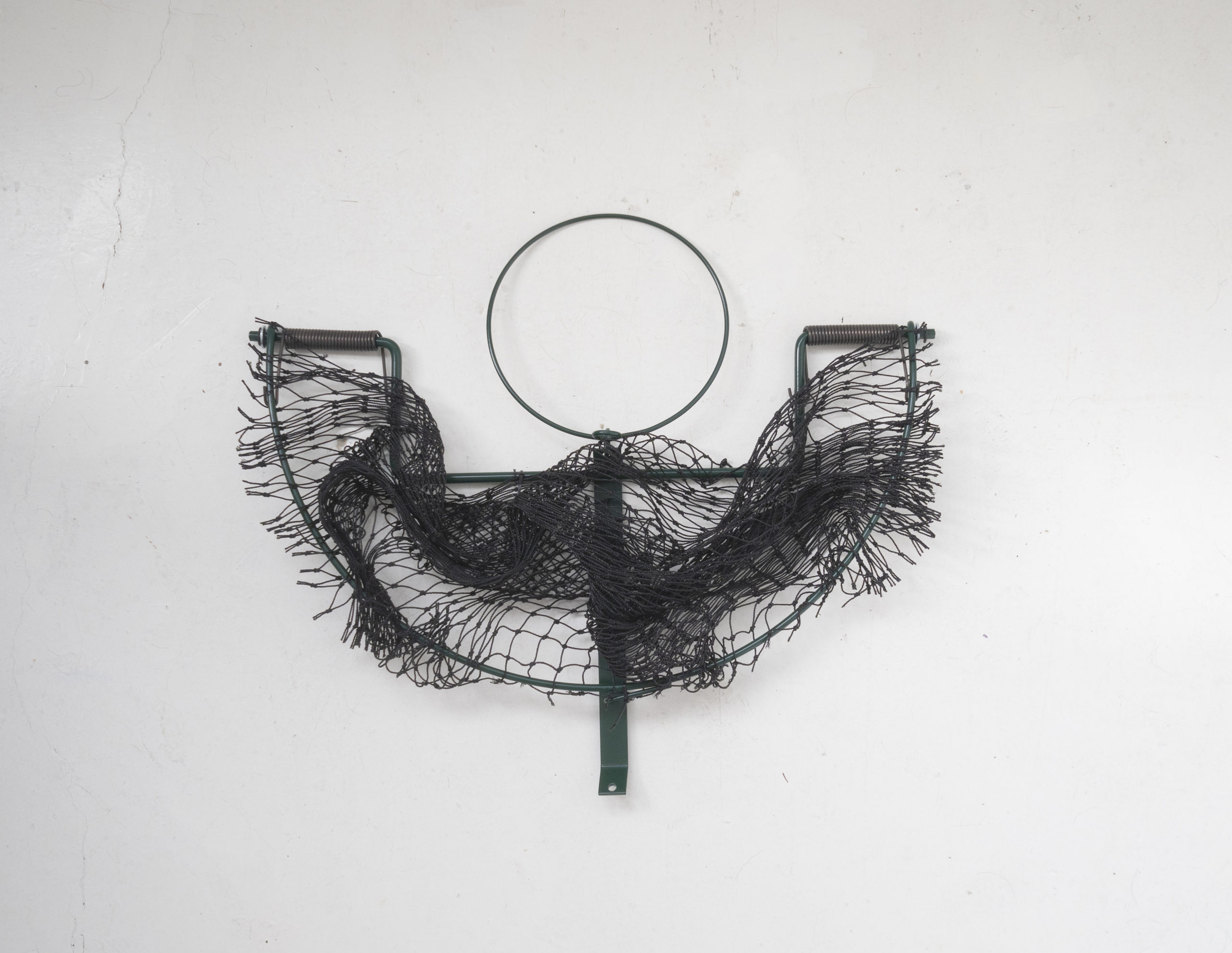

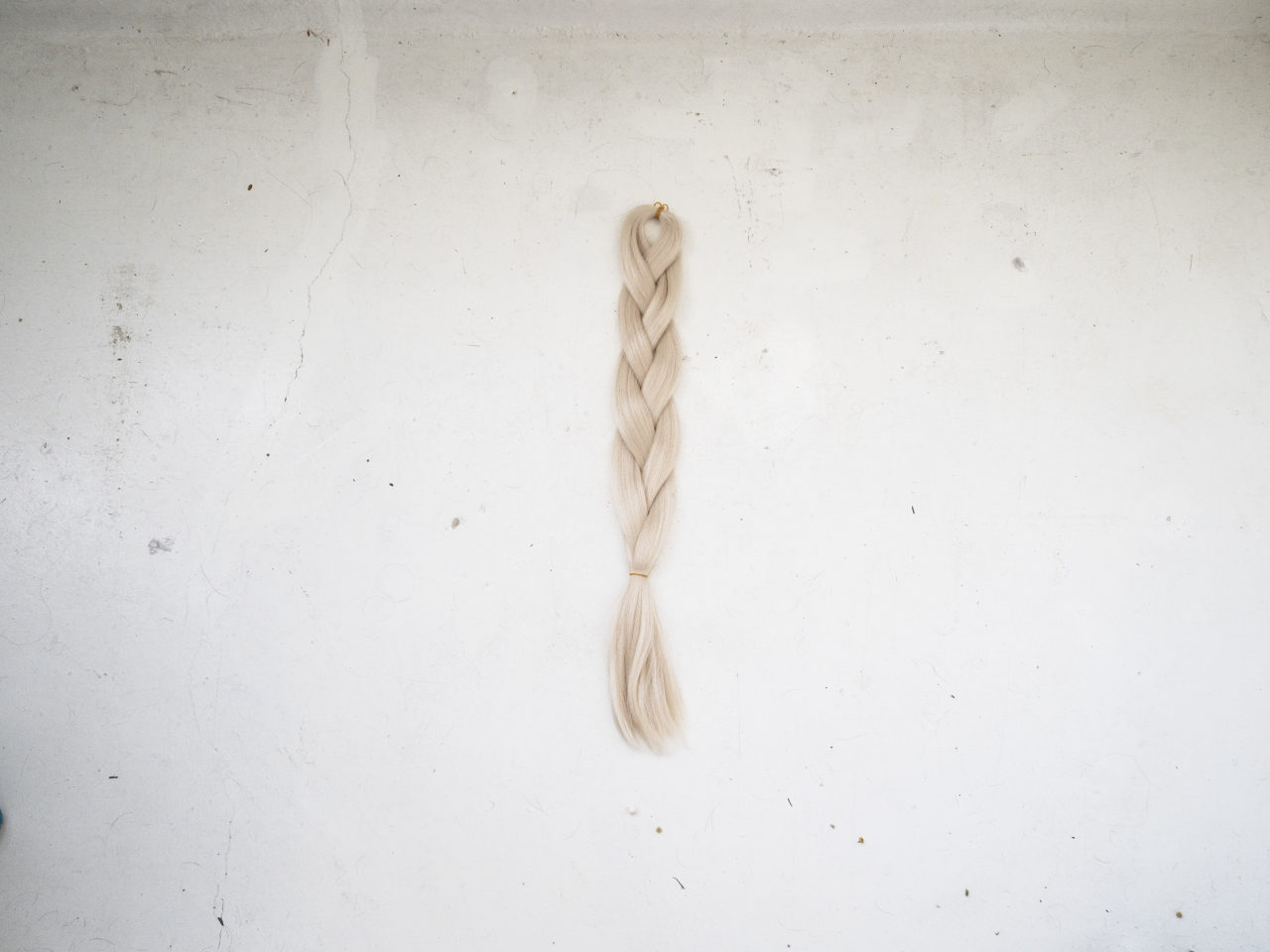
it settles, it nests, it hatches in me
3.
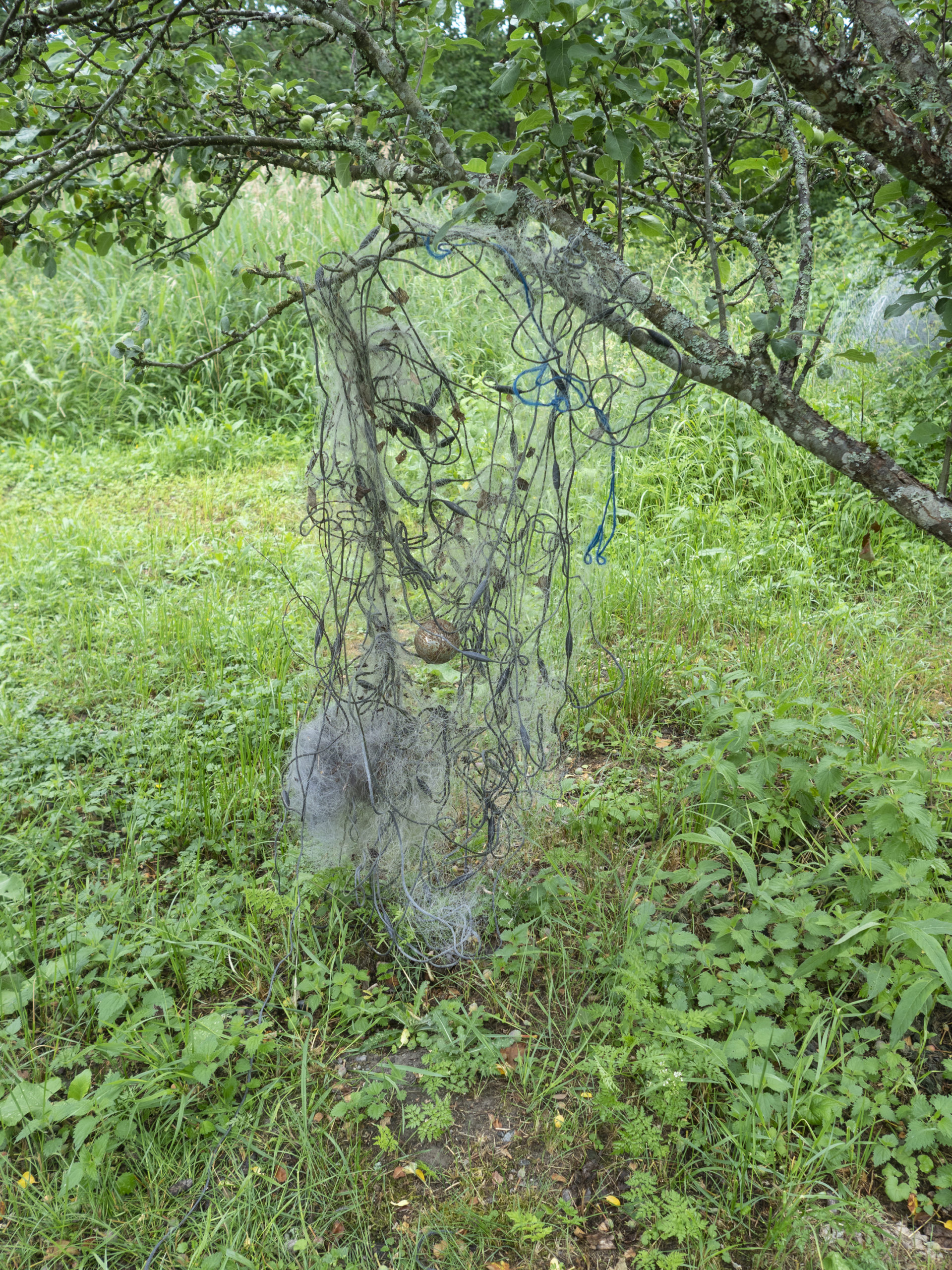
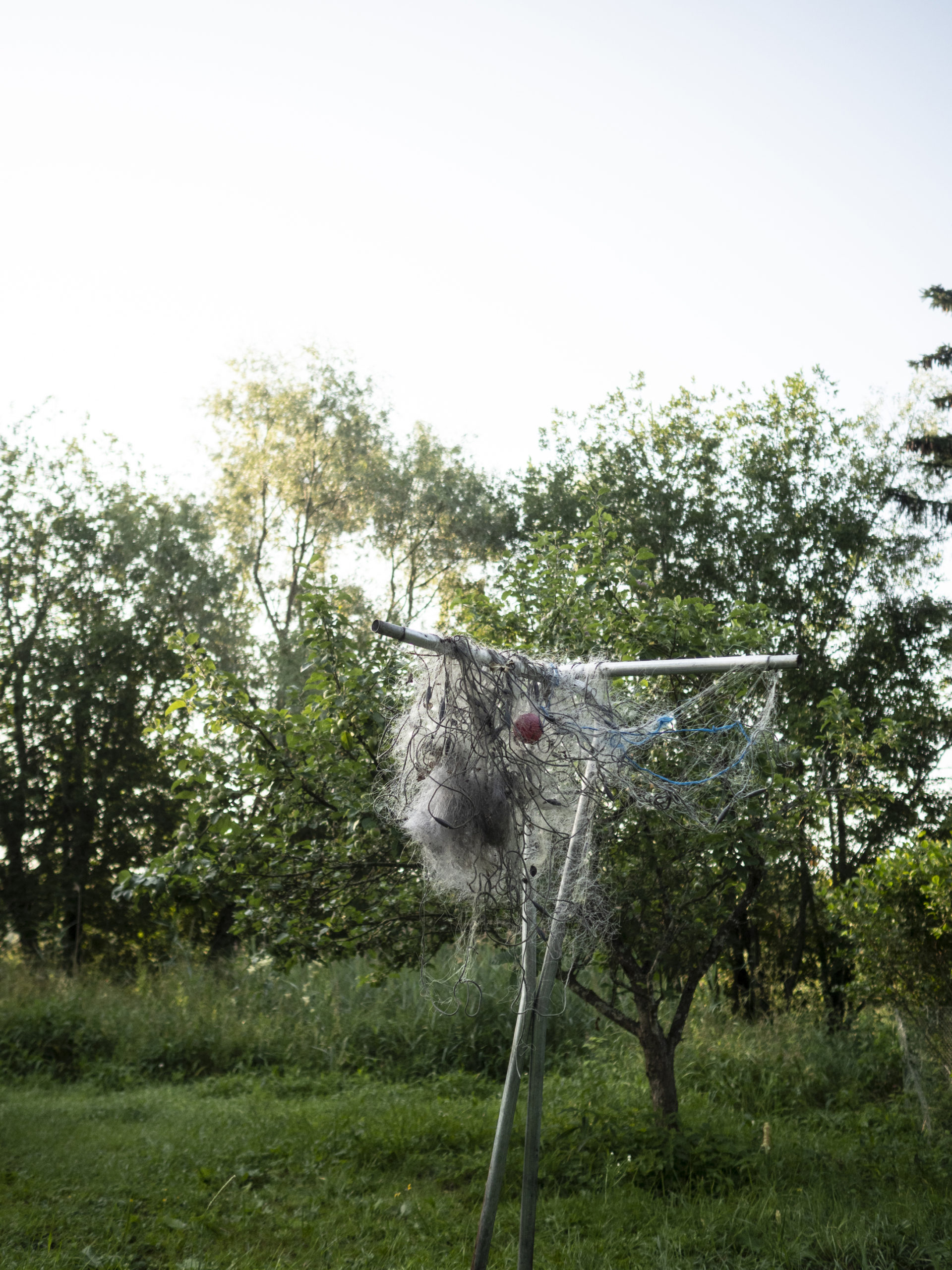
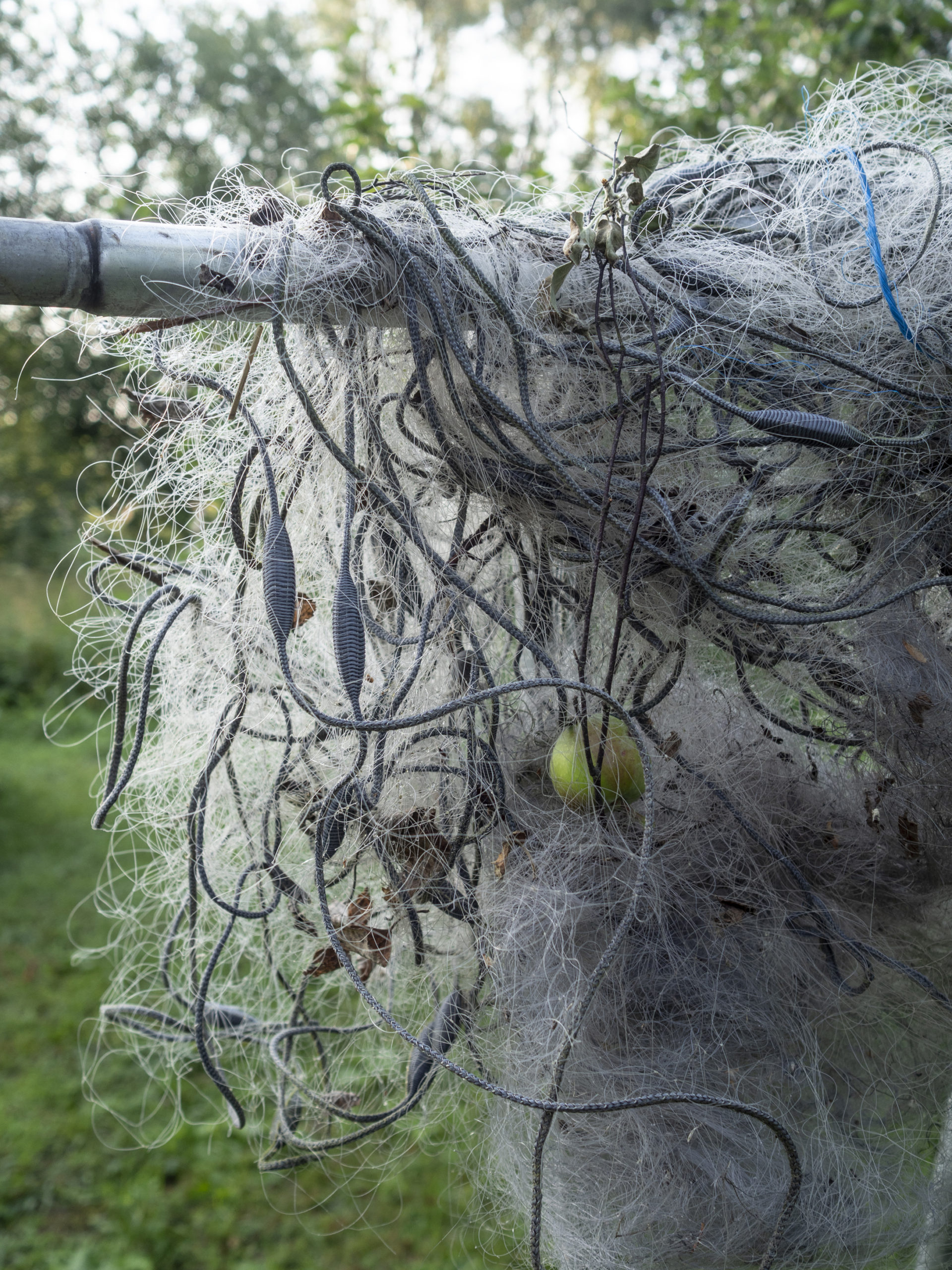
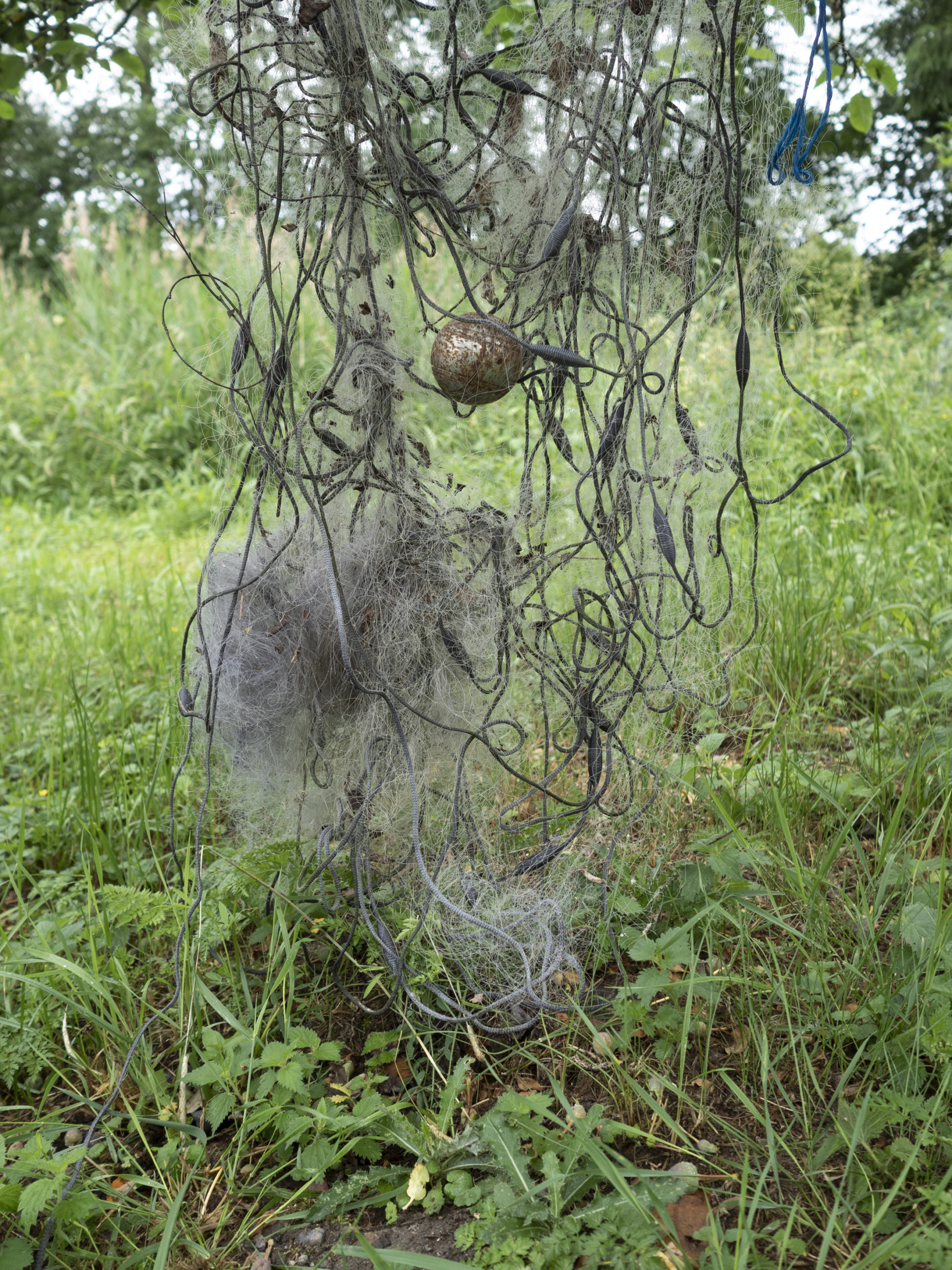
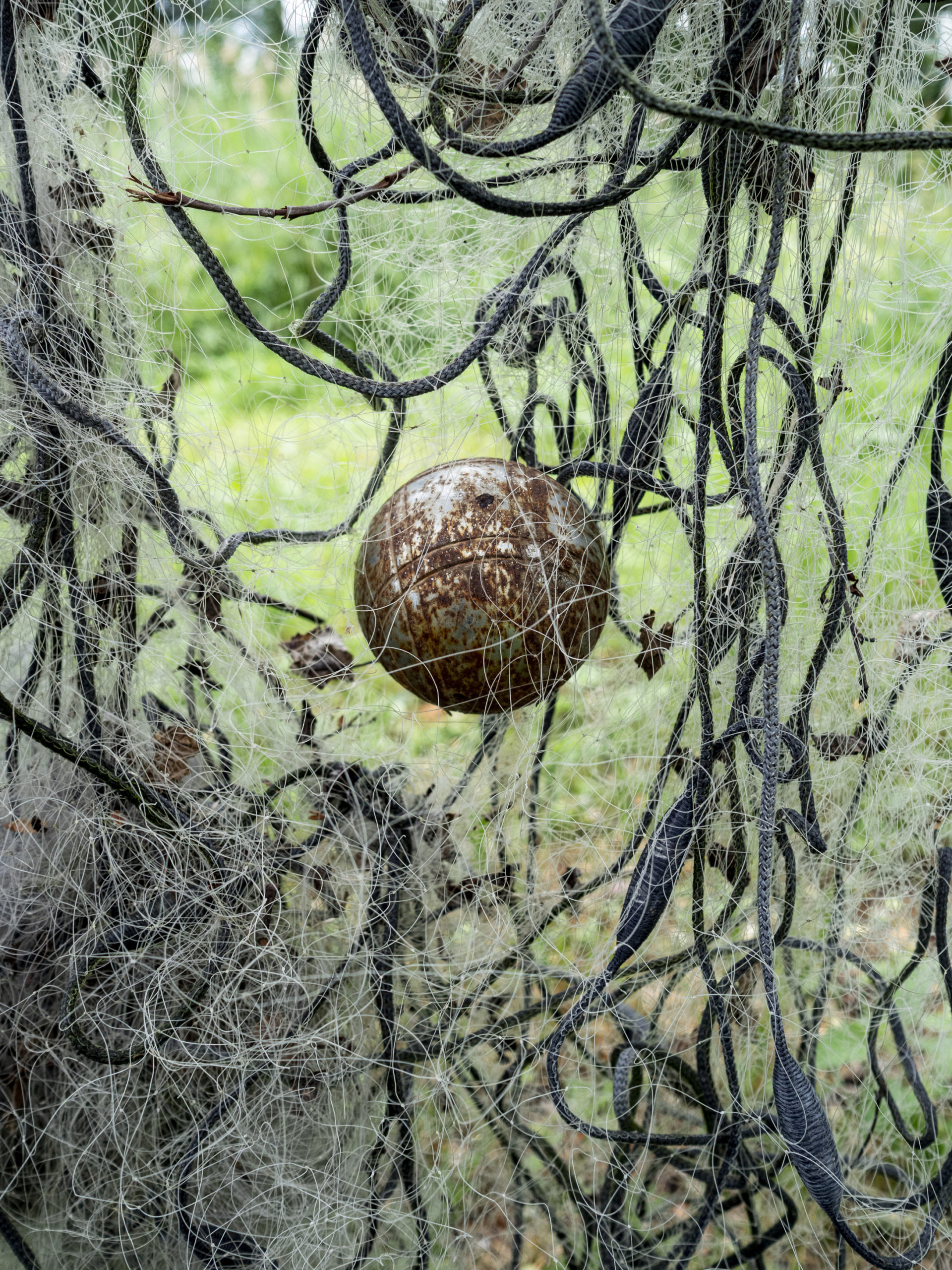
3. Trophies
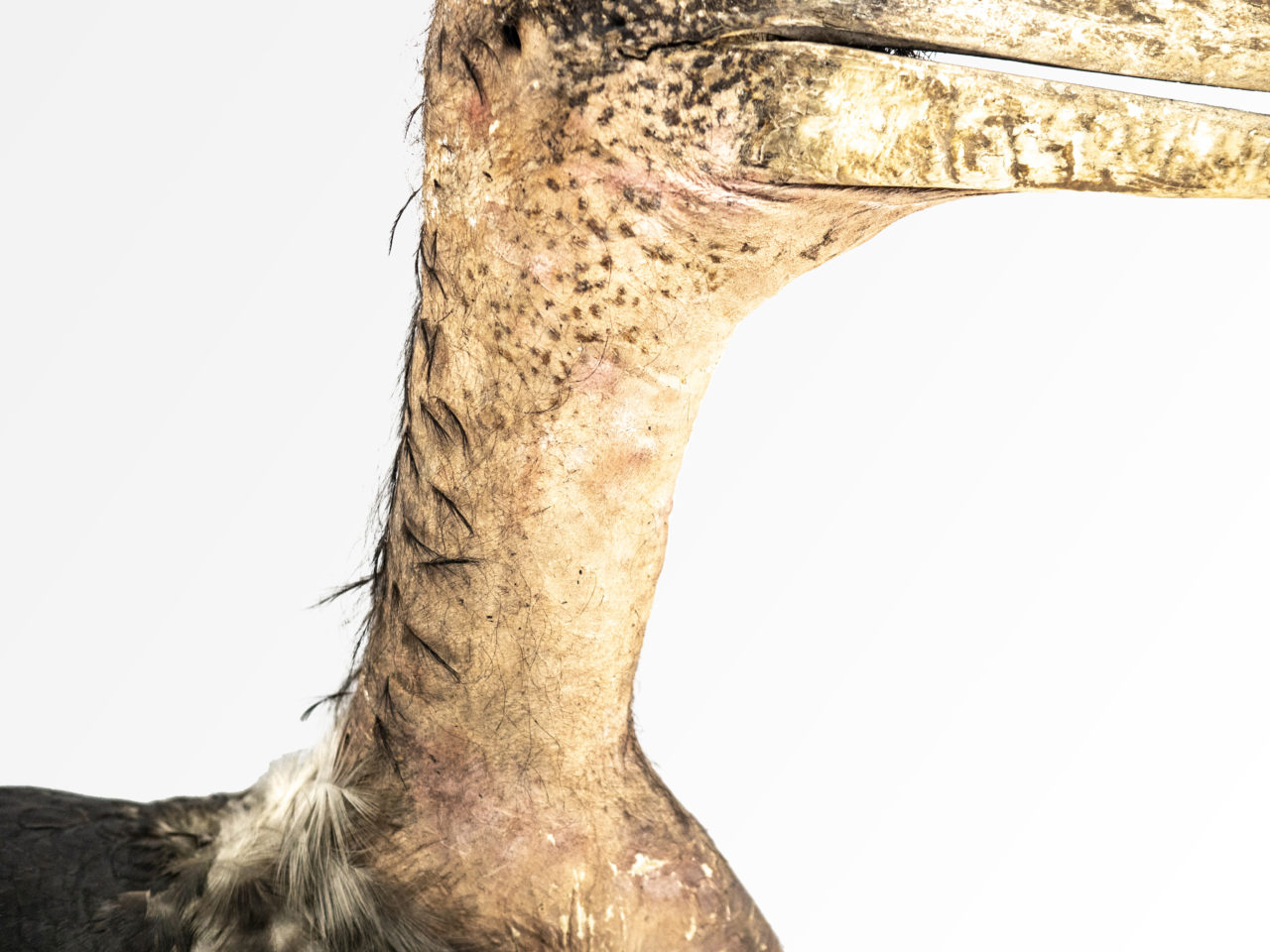
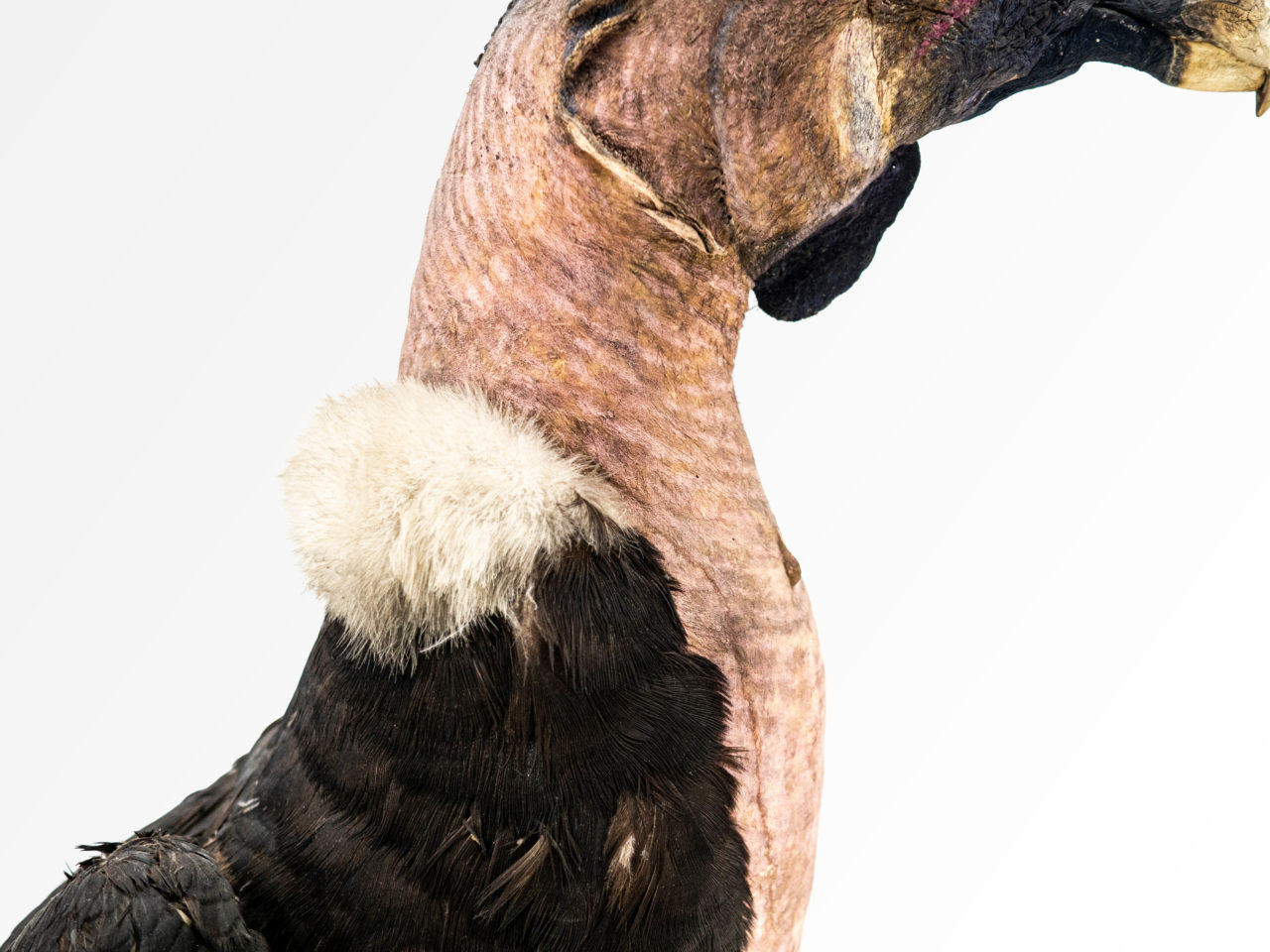
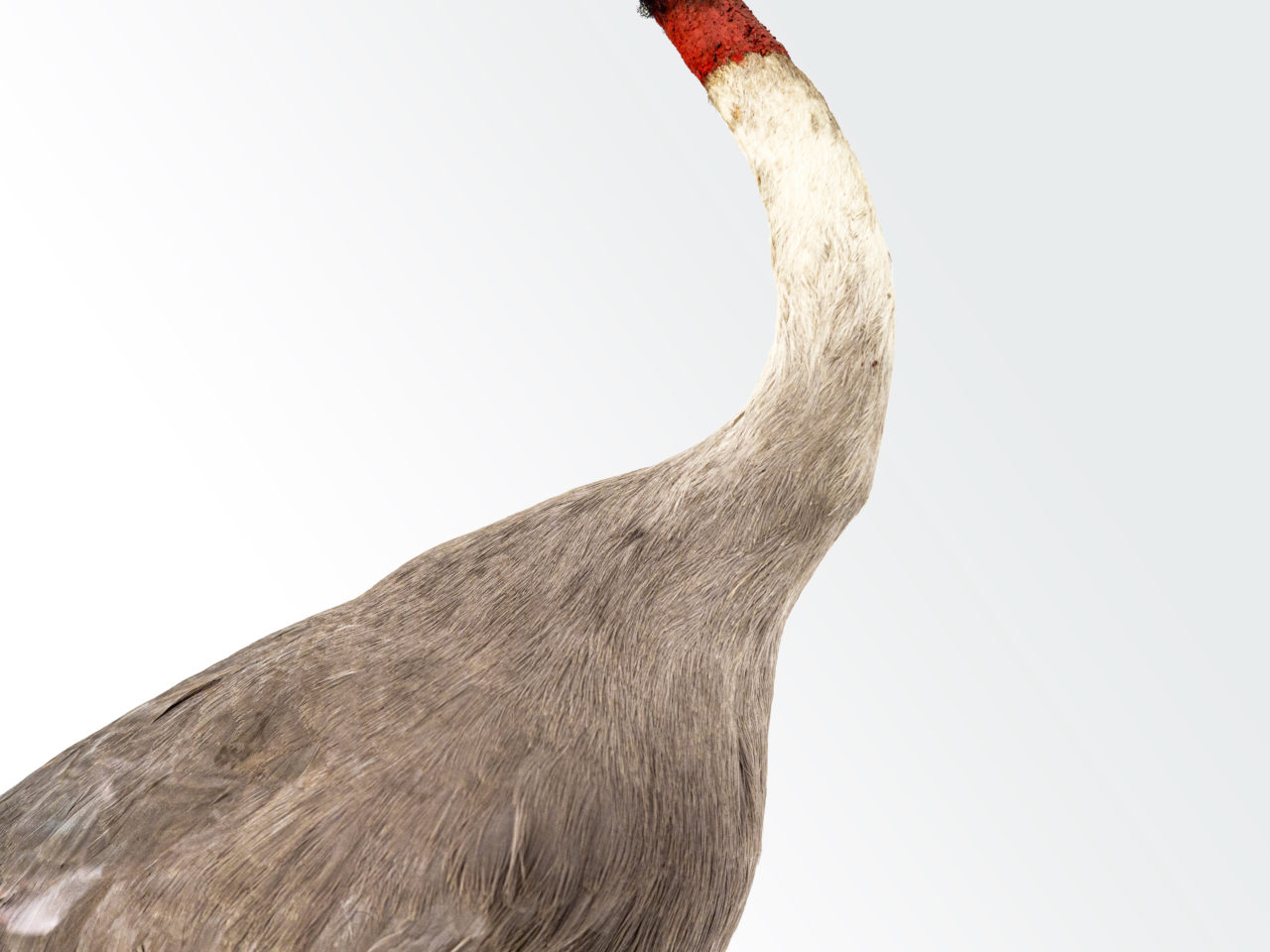
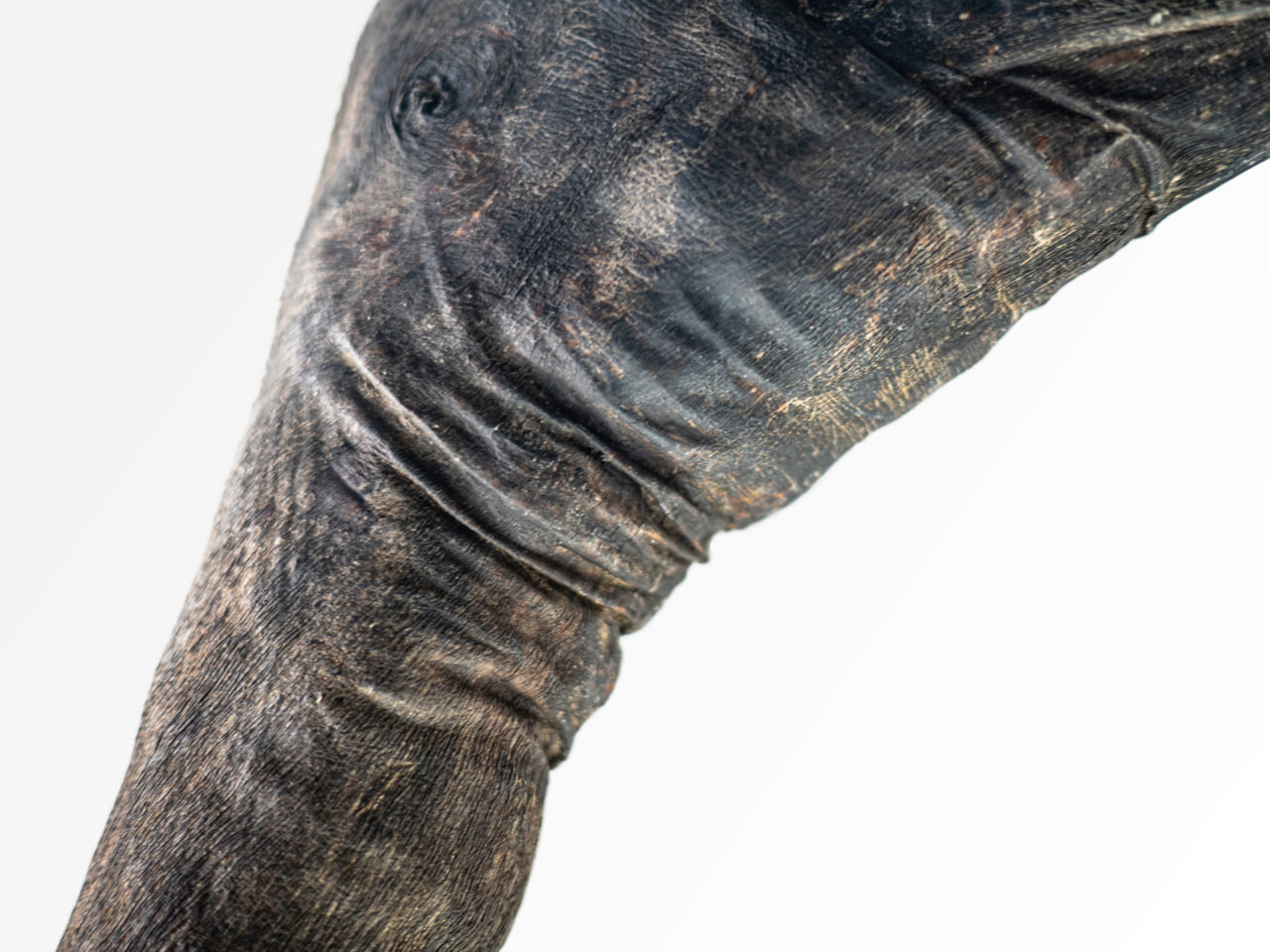
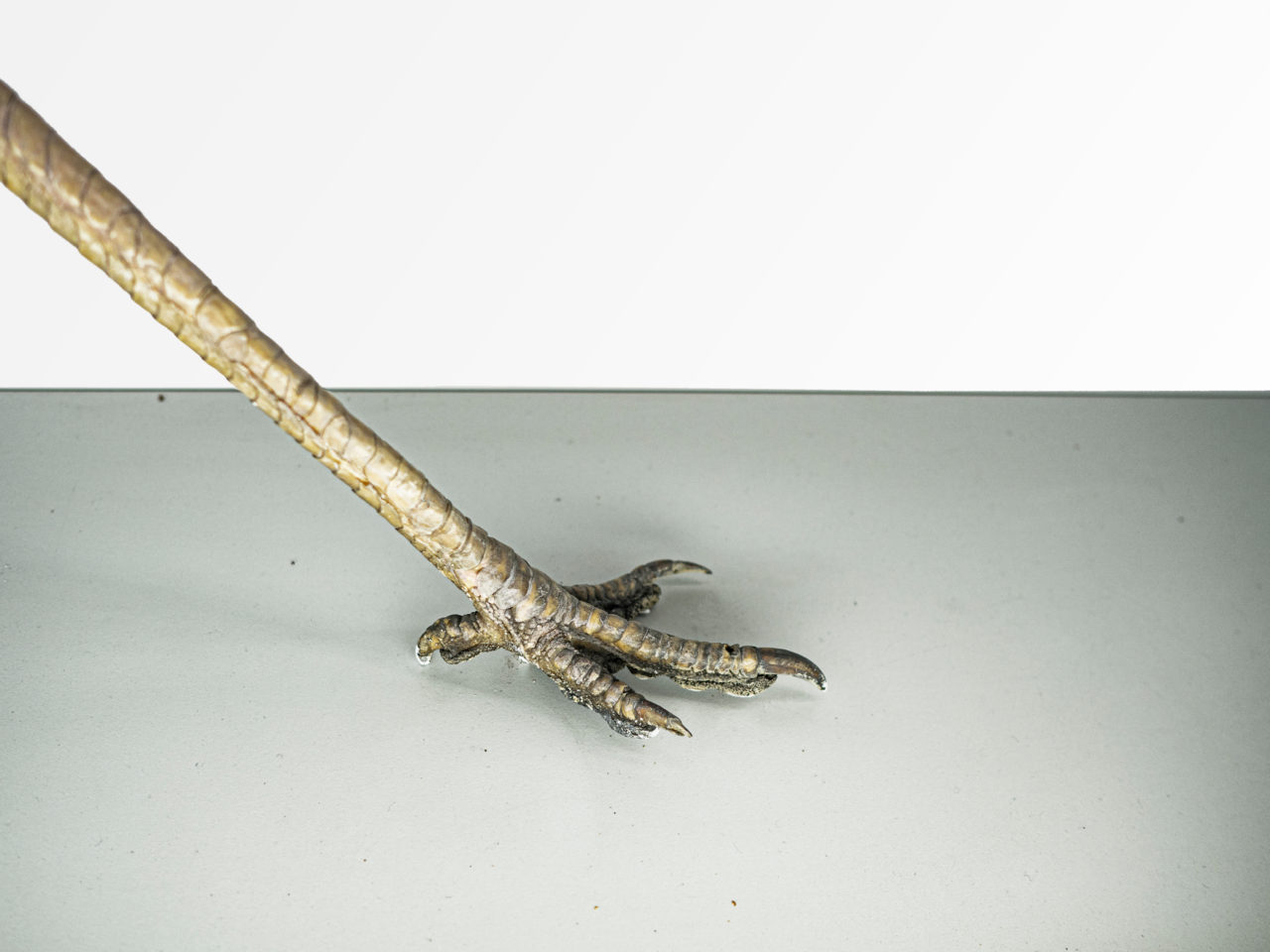
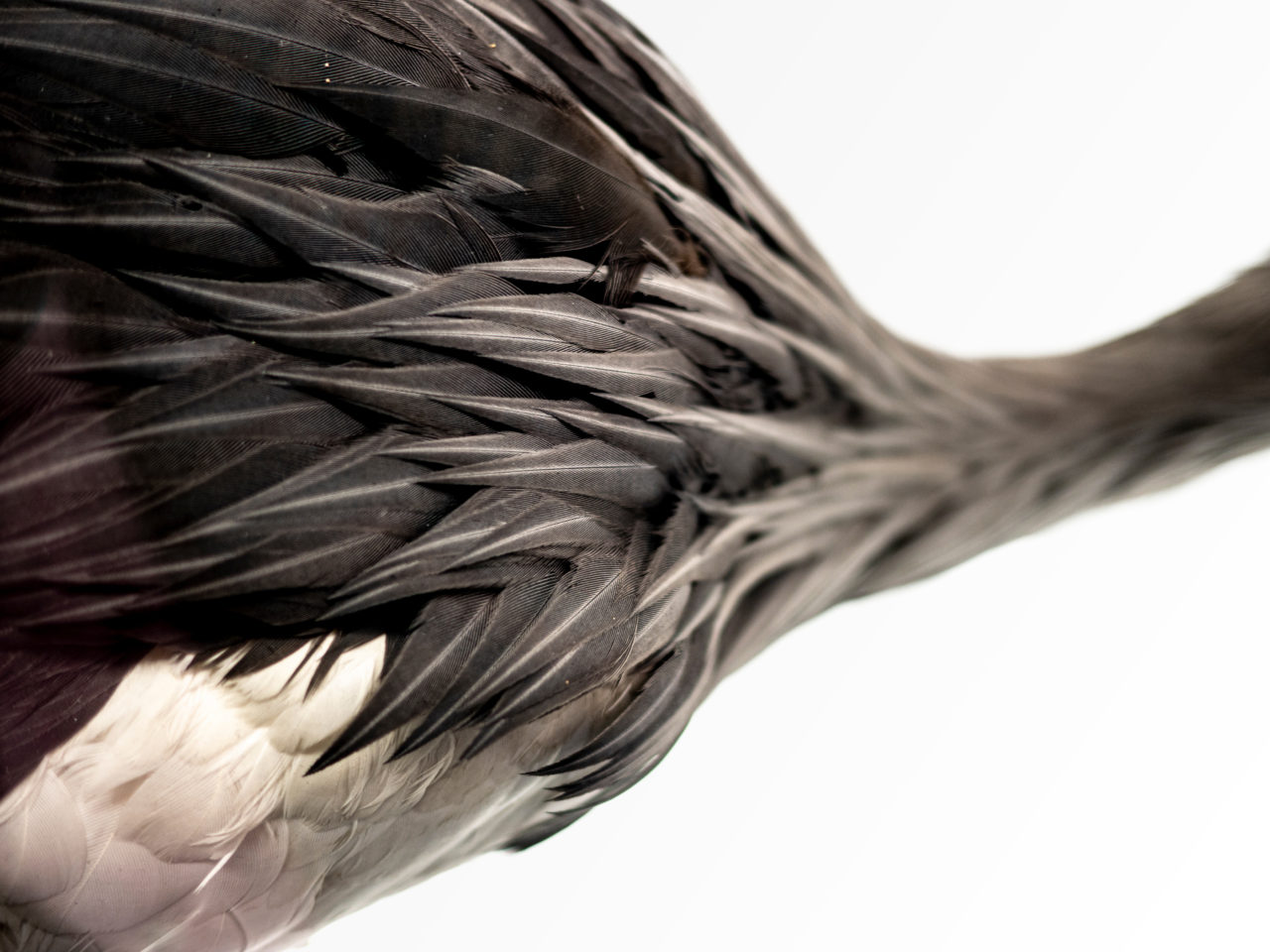
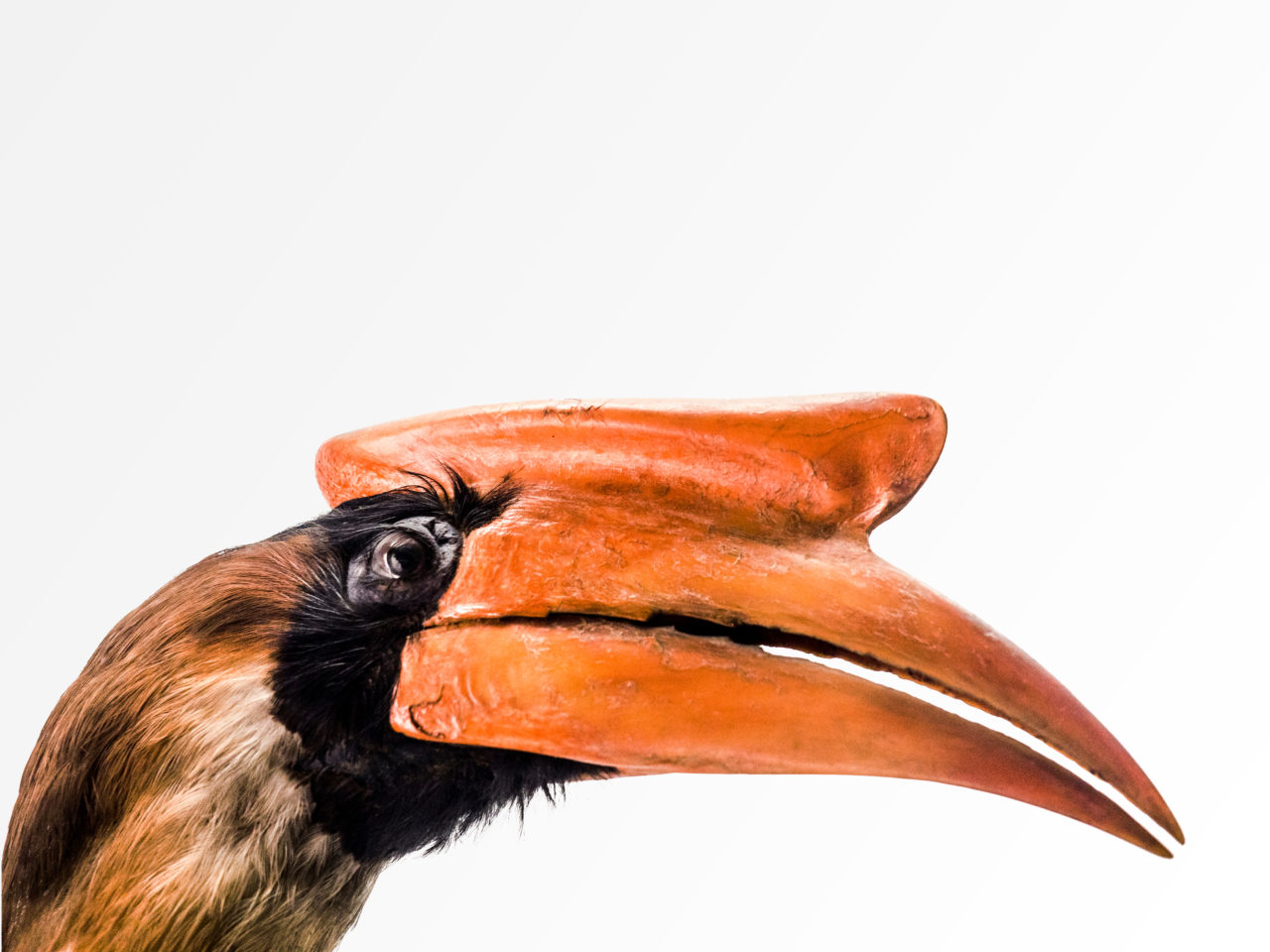
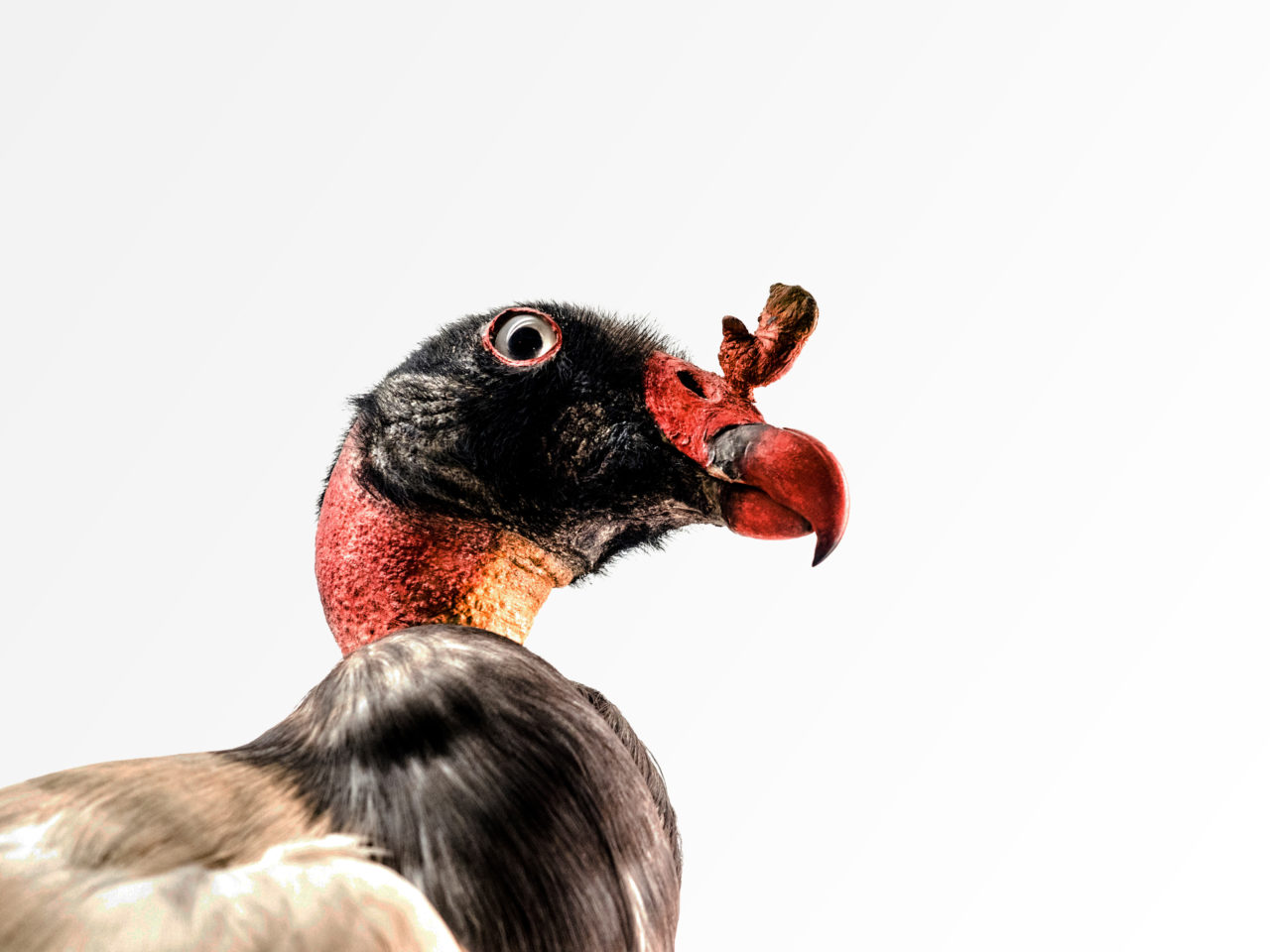
“Hope” is the thing with feathers –
That perches in the soul –
And sings the tune without the words –
And never stops – at all – [Emily Dickinson]
4.
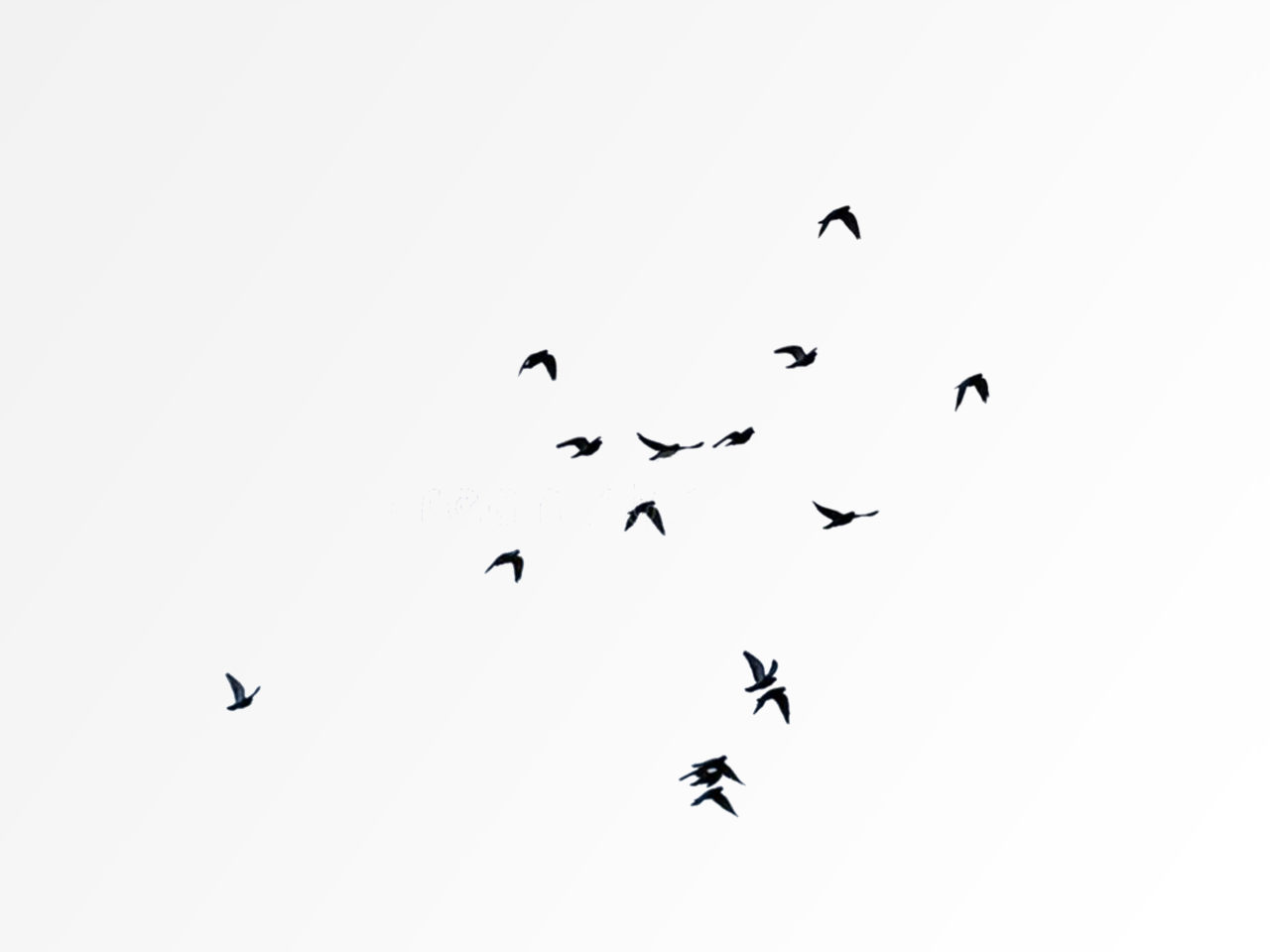
Thing with feathers
Jagoda Malanin
I have sought the perspectives of women who have experienced guilt. I asked how they perceived it and how their body reacted. I wanted to listen to their experiences and resonate with their honest testimonials. All while trying to understand, express, and free myself from the habitual, internalized sense of guilt I share too.
Habitual guilt was found to be significantly more intense in women than in men in all age groups. This is according to research conducted at the University of the Basque Country in Spain and headed by Dr. Itziar Extebarria. [Intensity of Habitual Guilt in Men and Women: Differences in Interpersonal Sensitivity and the Tendency towards Anxious-Aggressive Guilt, The Spanish Journal of Psychology, 2009]
The semantics of the words shared with me led me to think that most women gave guilt an animalistic quality by referring to “it.”. What especially impacted me were phrases like “it nests, it settles, it hatches, it oppresses me.” “It” has the form of an oppressive, vicious mythical, animal figure of many shapes. I looked at traps, trophies, and screenshots of internet violence. And I would like to pose a question about empathy. What puzzled me was how photography can set the viewer to empathize, if only through the ambiguity of the context situation: hunting vs.rescue
“It” attacks wrists, throats, necks and hips. And destroys the soul. That’s why this project is titled “a thing with feathers”
_______________
“In my case, guilt arises every time I eat something in such a quantity that I am no longer hungry, i.e., I feel mentally good when I am hungry. I was a fat child, and I was teased. So now I check hysterically all the time to make sure I haven’t gained weight, and I feel guilty when I eat something pleasant.”
__________________________
“As I relax, I have the feeling that someone is about to come and accuse me of being a cheater, because I have to act all the time, and if I don’t act, it weighs on me.”
_____________________________
“My guilt often nests in my wrists and elbows. It’s a bit like having paralysis. It is, moreover, generally associated with a mental sense of paralysis, – powerlessness.”
___________________
“Guilt-bitter as bile, dog blood! I very, very much do not want to feel it. But it comes back to me. At the very thought, I close my eyes. I take a deep heavy breath”
________________________________
“Guilt nestles in my throat. I can’t swallow, I start choking and coughing; it’s like a lint is sitting in my windpipe.”
_______________________
“When I feel guilt I pray, God’s Lamb of God. It helps me. Guilt presses in the hips.”
_______________________________________________
“I was afraid since a young age. Probably, like most, I had a difficult childhood. I had younger sisters, so I felt responsible for them. My parents often argued. When I was about 3 years old, I remember my mother running away from home, and I begged her to stay for me and my sisters. When I left, I felt I had failed yet again.
When my parents argued, everyone told me to do something different, and I stood there helpless, terrified that if I didn’t do anything, who would I let down. I had a sense of guilt.
It was the same when my mother tried to commit suicide. When my grandmother spoke badly about my mother. When someone spoke ill of someone else. Even if I knew there was truth in it, I had a sense of guilt, a sense of obligation to justify everyone and defend them.”
____________________________________
